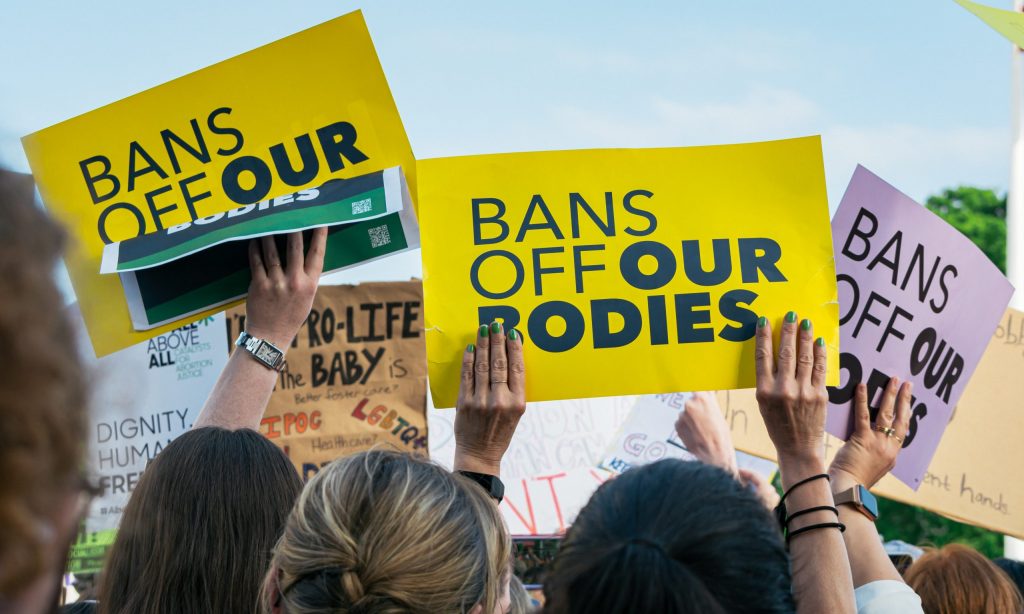Data Shows 728 Women from Arkansas Had Abortions in Kansas Last Year

New data shows 728 women from Arkansas had abortions in Kansas during 2023.
Since the reversal of Roe, Arkansas’ pro-life laws generally have protected women and unborn children from abortion except when the mother’s life is at risk. However, abortion facilities in other states encourage women to travel across state lines for abortion.
This month the Kansas Department of Health released its annual abortion statistics. The report shows that abortions increased in the Sunflower State from 12,318 in 2022 to 19,467 in 2023. More than 3/4 of the abortions performed in Kansas last year were on women from out-of-state.
The data reveals abortionists in Kansas performed 728 abortions on women from Arkansas.
Some 3,283 women from Oklahoma had abortions in Kansas in 2023, and a staggering 7,606 abortions were performed on women from Texas.
Over the summer Family Council learned Planned Parenthood had secretly acquired a facility in Pittsburg, Kansas — a town of some 20,000 residents — within driving distance of Northwest Arkansas.
NPR recently published a story showcasing how that Planned Parenthood facility is targeting women from Arkansas, Oklahoma and Texas — making the center an abortion destination for women from out-of-state.
Women and families deserve better than abortion. It’s important to prohibit abortion through legislation, but we need to eliminate the demand for abortion as well.
One way Arkansans can do that is by supporting pro-life organizations that empower women with real options besides abortion.
Arkansas is home to more than 60 organizations that assist pregnant women — including some 45 pregnancy resource centers that help women with unplanned pregnancies. These types of charities can encourage women not to travel to states like Kansas for abortions.
The State of Arkansas recently voted to award $2 million in grants to pregnancy-help organizations for the 2024-2025 budget cycle. That money is going to help a lot of women and children in the coming months.
And here is another point for pro-lifers in Arkansas to consider:
Prior to the reversal of Roe v. Wade in 2022, approximately 3,000 abortions were performed in Arkansas every year. The data out of Kansas indicates that while hundreds of women from Arkansas traveled out-of-state for abortions last year, Arkansas’ pro-life laws still protected many more women and unborn children from abortion.
You can read the abortion reports from the State of Kansas here.
Articles appearing on this website are written with the aid of Family Council’s researchers and writers.




